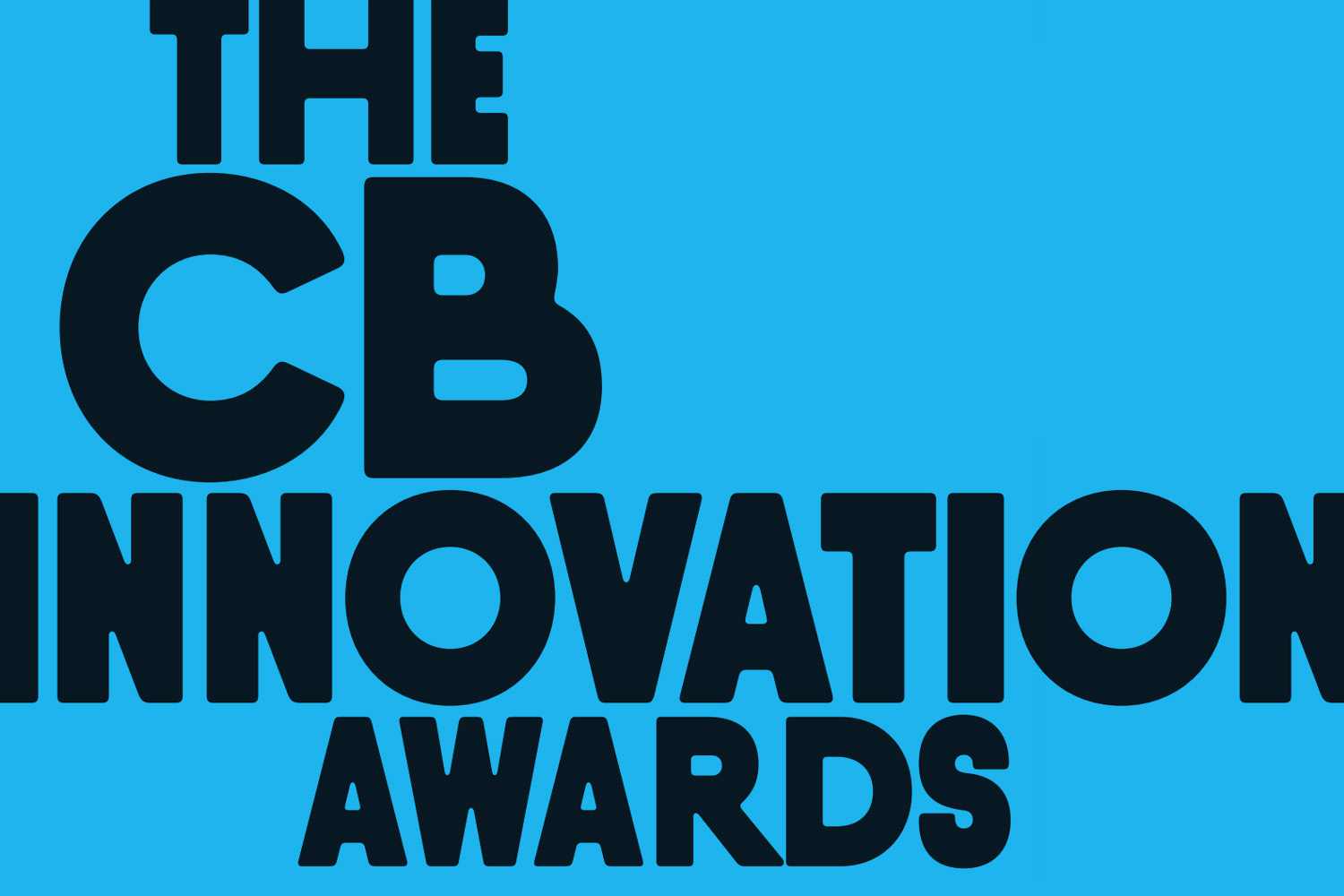How to Pivot Your Business Out of the Pandemic

By one estimate, COVID may have wiped out more than 200,000 companies across Canada. And yet the past two years have also been boom times for entrepreneurs. Stuck at home, burnt-out, laid off, they founded new ventures in record-breaking fashion. A June 2021 report estimated that Canada had sprouted two million new businesses during the first year of the pandemic.
The majority of those enterprises—Etsy stores, cookie-delivery services, software side hustles—had little to do with COVID. But some of them tackled the pandemic head-on. The Toronto firm Switch Health found its niche offering COVID tests for people’s homes and businesses. In March 2020, Switch was little more than its four founders and a bright idea. Today, the 2,000-employee company is one of Canada’s go-to testing services, having swabbed the noses of more than two million international travellers, NHL players, actors, CBC staffers and migrant workers.
There’s just one catch to success stories like Switch: The world is desperately trying to eradicate the very virus on which these businesses rely. Though the demand for testing will remain strong as borders open and vaccination rates rise, pandemic-specific services are an inherently unpredictable market. That’s why Mary Langley, Switch’s co-founder and chief strategy officer, is already mapping a way out. “We’ve always had our eye on what comes after COVID,” she says.

According to Langley, a successful pivot out of the pandemic will require companies to leverage the technology, partnerships and customer bases they developed during COVID in new ways. As an example, she cites Switch’s at-home testing kits: Quarantined Canadians log onto the company’s proprietary online platform, where a telehealth worker guides them through the process. Then a courier picks up the completed test kit and delivers it to a lab. Switch is now developing a similar service for HPV and STI testing, which would replace the nasal swabs with DIY pap smears and urine samples.
Switch is also planning to expand a patient portal that it developed in partnership with IBM. At the moment, the company uses tamper-proof blockchain technology to digitally store a person’s vaccination info and COVID-test results in one place. But Switch’s founders are trying to translate that into a more versatile tool that could contain all of a patient’s medical records—X-rays, CAT scans, blood-test results and more.
Every business will have a different path out of the pandemic. But as a general rule, the Switch founders say, business leaders should start thinking as if COVID is already over—whether they’re envisioning the future of their purpose-built COVID-testing centres or simply deciding if their café should continue to sell groceries. They should ask: Which products and services will still have a market after the pandemic ends? And what tools and technologies can be applied to develop new, more resilient revenue streams? “The tools we have to help with COVID are the same tools we can use to pivot out of COVID,” Langley says.









